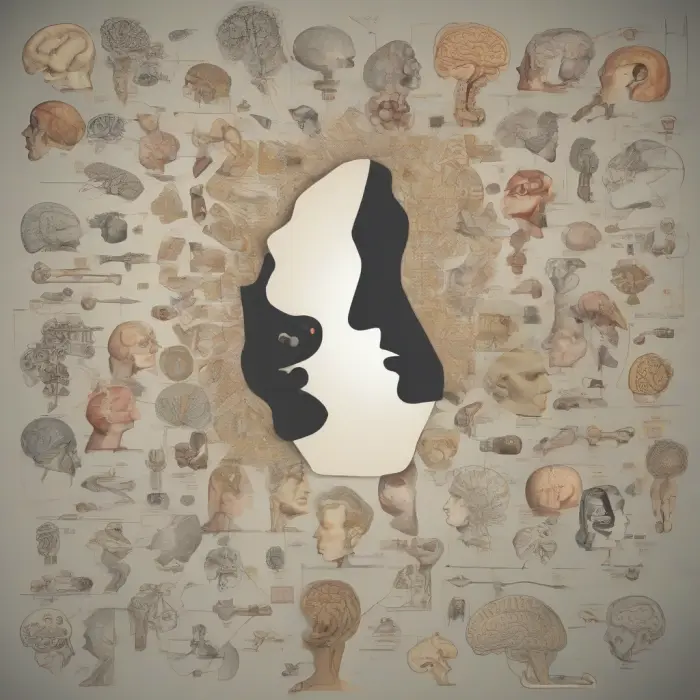Quirky Facts About the History of Ancient Philosophy
The world of ancient philosophy is full of fascinating insights, profound thoughts and, surprisingly, a whole lot of oddities too. From the pre-Socratic era to the great thinkers of Ancient Rome, there are many quirky facts that usually get buried under the more serious philosophic discourse.
Philosophy and the Olive Grove
It is said that ancient Greek philosopher Plato, perhaps best known for his writings on justice and the ideal state, was fondly associated with olive trees. The name 'Academy', an intellectual institution that Plato found, actually derived from the name 'Academos' - a legendary Greek hero who owned an olive grove where Plato conducted classes.
Cynics and Dogs
Another quirky aspect of ancient philosophy is the Cynics. The word 'cynic' comes from Greek 'kynikos', which literally means 'dog-like'. This might seem strange but it actually refers to the lifestyle of cynics who advocated for a simple, unpretentious life, much like a dog's. A famous cynic, Diogenes, known for his audacious behaviour, was often referred to as the 'Dog'.
Pythagoras and the Dread of Beans
Pythagoras, the philosopher known for his contributions to mathematics, music, and metaphysics, had an aversion towards beans. The Pythagoreans believed that beans and humans were created from the same material. As a result, they viewed eating beans as a form of cannibalism. There’s even a legend that Pythagoras himself died because he refused to cross a bean field while being pursued by his enemies.
Stoicism and its Unflinching Poster Child
The stoic school of philosophy which flourished in ancient Greece and Rome, advocated for the development of self-control as a means of overcoming destructive emotions. Perhaps the most hard-core follower of stoicism was Zeno of Citium, who was so fervently stoic that, when he broke his toe, he quoted the principle of fatalism and calmly hit the floor, dying against the teachings of detachment and acceptance.
These quirky facts remind us that even the most serious of disciplines, like philosophy, are not without their oddities. Each of the great thinkers we revere today were humans, full of idiosyncrasies and peculiar beliefs.









